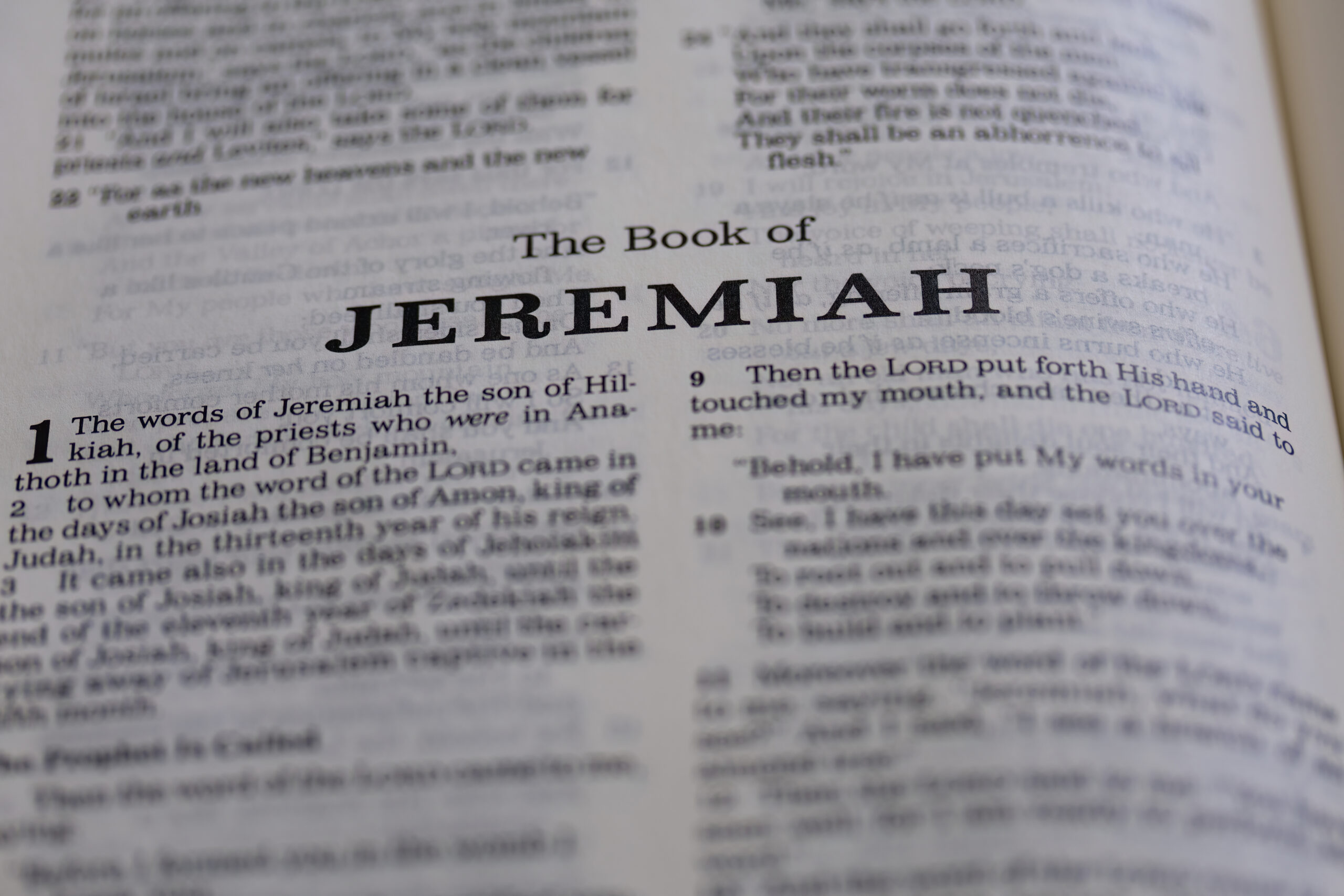The Book of Jeremiah begins in a tumultuous time. The nation of Judah is struggling with its identity. Their brothers and sisters to the north had been defeated. Soon, the nation will face an outside enemy that will conquer the people, destroy Jerusalem, and send so many into exile. The Prophet Jeremiah speaks on behalf of God for over four decades, before and during the exile. Jeremiah pleads with priests, politicians, and common people. The message of God is clear, “…Return, faithless Israel, says the Lord. I will not look on you in anger, for I am merciful, says the Lord. I will not be angry forever. Only acknowledge your guilt, that you have rebelled against the Lord your God…” (Jeremiah 3:12-13)
The trouble that has come to God’s people is that they have, in many ways, rebelled against God. They have ignored the law they received from God as they became a nation. They have begun to worship other Gods (Jeremiah 2:23). They have mistreated their neighbors and turned from justice and mercy. When God created this nation, it was with the intention that they would be unique, set apart to be a living witness to God.
One of the most significant problems God’s people often experience is memory failure. As we read through the Bible this year, especially the prophets, we will see a constant call to “remember.” Memory is an important part of our faith. For the people of Judah, they seem to have forgotten how their nation came to exist. They seem to have forgotten the God who saved them from slavery in Egypt. They seem to have forgotten the miraculous way in which God delivered them and brought them to the promised land.
Jeremiah is called by God to remind the people of who God is and who they are called to be. Jeremiah’s words are direct. It is clear that the people have forgotten their Lord and turned to other gods. If they remember and turn back to God, God will be merciful.
Memory is also an issue for people of faith today. God is good and has done so much good for us. There are times we need to stop and remember. Remember the God who has saved His people throughout history. Remember the God who has come to us in Jesus so that we might have an abundant and full life.
How do we remember? First, we constantly read our story of faith. The Bible is an ever-present reminder of how God has acted in history. Secondly, we pray, giving thanks for who God is and what God has done for us. Finally, we are intentional about gratitude. We praise God through music, prayer, giving, and service as an act of gratitude. We also offer our gratitude to others who God has worked through. When disciplined and consistent in these practices, we will remember who God is and who we are called to be.
Rev. Keith King, Pastor of Worship



